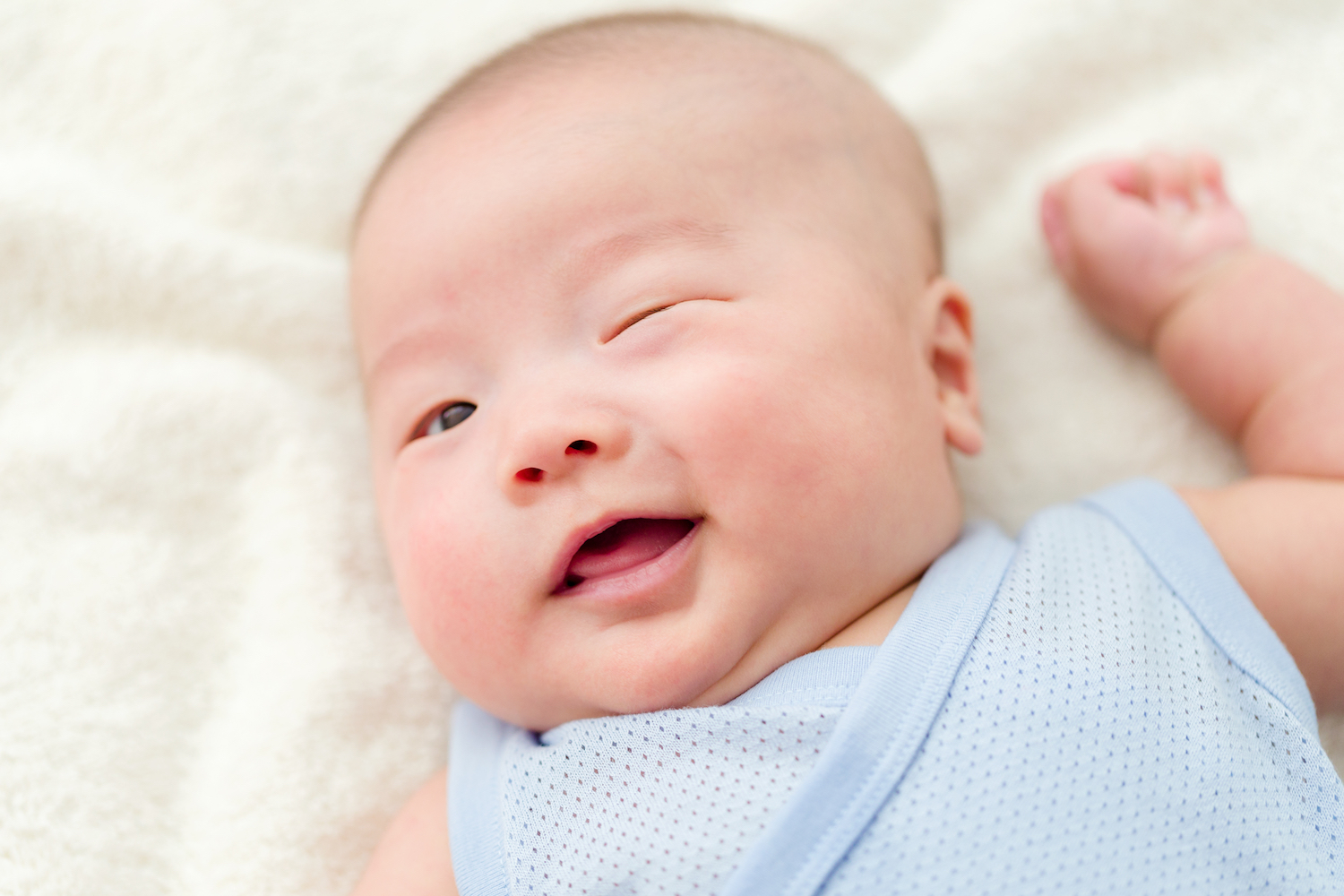
From the moment a baby is born, they form a unique bond with their primary caregiver. This attachment is crucial to a child’s development and sets the foundation for their future relationships. But why do babies and infants develop an attachment? In this article, we’ll explore the science behind attachment and why it’s so important for a child’s emotional and social growth.
Table of Contents
The Science Behind Attachment
Attachment is a complex emotional process that begins in infancy. According to attachment theory, infants are biologically programmed to seek out and maintain close relationships with their caregivers. This attachment system is activated by the infant’s need for safety and security, and it is facilitated by the caregiver’s responsiveness to the infant’s needs.
In other words, when a caregiver responds promptly and sensitively to an infant’s cries and signals, the infant feels safe and secure. Over time, this consistent and predictable responsiveness becomes the foundation for a strong and healthy attachment bond.
Why Attachment Is So Important
Attachment is critical to a child’s emotional and social development. When a child has a secure attachment bond with their caregiver, they are more likely to feel safe and confident in exploring their environment. They are also better equipped to regulate their emotions and cope with stress.
Children with secure attachment bonds are also more likely to develop positive relationships with others. They tend to be more empathetic, have better communication skills, and are better at resolving conflicts. In contrast, children who do not form secure attachment bonds may struggle with emotional regulation, have difficulty forming relationships, and are at risk for developing mental health problems later in life.
Factors That Influence Attachment
While attachment is a natural process, it can be influenced by a variety of factors. Some of these factors include:
- Temperament: Some infants may be naturally more outgoing or sensitive, which can affect their attachment style.
- Parenting style: The way a caregiver responds to an infant’s needs can either promote or hinder the development of a secure attachment bond.
- Life events: Stressful life events, such as divorce or illness, can disrupt the attachment bond between an infant and caregiver.
It’s important to note that attachment is not set in stone. While early experiences can have a profound impact on attachment, it is possible to form secure attachment bonds at any point in life through positive relationships and experiences.
Conclusion
In summary, attachment is a vital component of a child’s emotional and social development. It is a natural process that is facilitated by responsive and sensitive caregiving. Children who form secure attachment bonds with their caregivers are more likely to feel safe, confident, and equipped to navigate the world around them. By understanding the science behind attachment, we can help support healthy attachment bonds and promote positive outcomes for children.
Frequently Asked Questions
Q: Can attachment be developed with multiple caregivers?
A: Yes, attachment can be developed with multiple caregivers. However, it is important for the primary caregiver to be consistent and responsive in their caregiving in order to facilitate a secure attachment bond.
Q: Can attachment be formed later in life?
A: Yes, it is possible to form secure attachment bonds at any point in life through positive relationships and experiences.
Q: What happens if a child does not form a secure attachment bond?
A: Children who do not form secure attachment bonds may struggle with emotional regulation, have difficulty forming relationships, and are at risk for developing mental health problems later in life.
Q: Can a child have different attachment styles with different caregivers?
A: Yes, it is possible for a child to have different attachment styles with different caregivers depending on the quality of the relationship and level of responsiveness.
Q: Can a child’s attachment style change over time?
A: Yes, while early experiences can have a profound impact on attachment, it is possible for a child’s attachment style to change over time through positive relationships and experiences.
